Films made in India — whether in Hindi, Bengali, Tamil or Malayalam — are all dialogue-oriented. Jijo taught me to think visually. For me, he was a kind of university, says TK Rajeev Kumar.
TK Rajeev Kumar is a National award-winning director. Here, he talks of the influence of filmmaker Jijo Punnoose on his work
I never thought I’d end up becoming a filmmaker. Sure, I was interested in mono-acting and mimicry, Kerala’s popular pastime — while in school in Kottayam, I had participated in youth festivals and won many trophies in these events. But films were a whole other world.
In 1977, both my parents were transferred to Thiruvananthapuram and since then, Kerala’s capital city has been my base. I joined University College and took an active part in college theatre.
In 1978, the university organised an international film festival. This was my first experience with global cinema. Until then, I knew only of Prem Nazir, Sathyan and Madu. During the festival, I watched Akira Kurosawa’s Throne Of Blood. After this film, I realised that cinema has a language — a visual language.
Those days, Thiruvananthapuram had a number of film societies, and soon I became familiar with the likes of Bergmen, Polanski and Andrei Tarkovski.
In college, I toured Kerala with mono acts and stage shows. During one of these shows, we came across Mathew Paul, who took me to meet Jijo Punnoose, director of Padayottam, South India’s first 70mm film. He was on the lookout for a new face to cast in his upcoming film. I knew that I could not be an actor, and I told Jijo this. He was patient with me and told me about his new project My Dear Kuttichathan, India’s first 3D movie. I told him then that I would like to be associated in some way with the project.
Jijo hired me as an assistant director and I came to be associated with the film from its conception stage to the final production. It was like undergoing a comprehensive course in filmmaking: Jijo took me through all aspects of film, like story selection, scripting, location survey, shot division, planning and execution. And My Dear Kuttichathan was a landmark event in the history of Indian cinema.
What I learnt from Jijo, who himself is a man of few words, is to shoot the scenes with emphasis on visuals. Films made in India — whether in Hindi, Bengali, Tamil or Malayalam — are all dialogue-oriented. Jijo taught me to think visually. For me, he was a kind of university. I never studied in a film institute but the experience I gained from Jijo was stunning. After working with him, I too started to convey feelings through visual signs. That’s why all my movies have few dialogues and a lot of signs.
Immediately after My Dear Kuttichathan, Jijo entrusted me with Chanakyan, a film with Kamal Hassan and Urmila Matondkar in the lead. I was surprised when it became a runaway success. Chanakyan had no bombastic dialogues. It was an action-oriented movie with tight close ups of the protagonists.
The next film, Kshanakathu, was shot entirely in Thiruvananthapuram, giving viewers a glimpse of another side of the city. The 1999 film Kannezhuthi Pottumthottu had the picturesque Kuttanadu as its backdrop, and the landscape itself was the most important character in the film.
The experience I gained from Jijo, who made scenes speak to the viewers, can be seen in all my films. Now, for me, more than dialogues, it is the facial expressions and the backdrop that matters. He helped me realise that what makes cinema different from theatre is that in cinema, one can convey feelings visually.
Looking back, I feel it was Navodaya, South India’s biggest production house, and Jijo that moulded me as a filmmaker.
Sadly, what we miss today are production houses that can identify young filmmakers with vibrant new ideas.
(As told to Kumar Chellappan)
![submenu-img]() Rohit Sharma: The True Epitome of Leadership in the Cricket World
Rohit Sharma: The True Epitome of Leadership in the Cricket World![submenu-img]() Nature's Powerhouse For Even Skin Tone: Blossom Kochhar Aroma Magic Introduces Anti-Pigmentation Glossy Pack
Nature's Powerhouse For Even Skin Tone: Blossom Kochhar Aroma Magic Introduces Anti-Pigmentation Glossy Pack![submenu-img]() Chef Vikas Khanna sends a special video to Rachana Shah and Rhythm Wagholikar
Chef Vikas Khanna sends a special video to Rachana Shah and Rhythm Wagholikar![submenu-img]() Meet world's richest actor, has only one hit, richer than Shah Rukh Khan, Tom Cruise, his net worth is of $1.4 billion
Meet world's richest actor, has only one hit, richer than Shah Rukh Khan, Tom Cruise, his net worth is of $1.4 billion![submenu-img]() Watch: West Indies spinner Zaida James gets hit on face during Women's T20 World Cup 2024 match
Watch: West Indies spinner Zaida James gets hit on face during Women's T20 World Cup 2024 match![submenu-img]() 8 fruits with anti-ageing properties
8 fruits with anti-ageing properties![submenu-img]() TDS deposit rules relaxed: Is employee TDS credit at risk?
TDS deposit rules relaxed: Is employee TDS credit at risk?![submenu-img]() 8 incredible images of galaxies captured by NASA Hubble Space Telescope
8 incredible images of galaxies captured by NASA Hubble Space Telescope![submenu-img]() Gout tips: 6 Dals (pulses) to avoid if you have high uric acid levels
Gout tips: 6 Dals (pulses) to avoid if you have high uric acid levels![submenu-img]() Bhuvan Bam to Elvish Yadav: Here's how rich these Indian YouTubers are
Bhuvan Bam to Elvish Yadav: Here's how rich these Indian YouTubers are![submenu-img]() Delhi Bus Marshal Row: LG आवास पर भी ड्रामा, AAP का दावा- भाग रहे थे BJP नेता, पैर पकड़कर रोका, देखें Viral Video
Delhi Bus Marshal Row: LG आवास पर भी ड्रामा, AAP का दावा- भाग रहे थे BJP नेता, पैर पकड़कर रोका, देखें Viral Video![submenu-img]() 'मैं भारत-पाकिस्तान संबंधों पर चर्चा के लिए नहीं जा रहा हूं', विदेश मंत्री एस जयशंकर �ने बताई इस्लामाबाद जाने की ये वजह
'मैं भारत-पाकिस्तान संबंधों पर चर्चा के लिए नहीं जा रहा हूं', विदेश मंत्री एस जयशंकर �ने बताई इस्लामाबाद जाने की ये वजह![submenu-img]() Haryana Assembly Election 2024 Live: हरियाणा में मतदान खत्म, 5 बजे तक 61% रही वोटिंग
Haryana Assembly Election 2024 Live: हरियाणा में मतदान खत्म, 5 बजे तक 61% रही वोटिंग![submenu-img]() Irani Cup 2024: मुकाबला हुआ ड्रॉ तो कैसे मुंबई बनी चैंपियन, 27 साल में पहली बार हुआ ऐसा
Irani Cup 2024: मुकाबला हुआ ड्रॉ तो कैसे मुंबई बनी चैंपियन, 27 साल में पहली बार हुआ ऐसा![submenu-img]() Congo Boat Accident : कांगो में नाव पलटने से 78 लोगों की मौत, कुल 278 यात्री थे सवार
Congo Boat Accident : कांगो में नाव पलटने से 78 लोगों की मौत, कुल 278 यात्री थे सवार![submenu-img]() This company overtakes Ratan Tata's firm to become India’s…; it is owned by…
This company overtakes Ratan Tata's firm to become India’s…; it is owned by…![submenu-img]() Mahindra Thar ROXX booking to start from..., check waiting period, details
Mahindra Thar ROXX booking to start from..., check waiting period, details![submenu-img]() BMW launches CE 02 electric scooter in India; price starts at Rs…
BMW launches CE 02 electric scooter in India; price starts at Rs…![submenu-img]() Mahindra Thar Roxx 4x4 prices revealed, starts at Rs…
Mahindra Thar Roxx 4x4 prices revealed, starts at Rs…![submenu-img]() Sebi gives nod to Hyundai India's Rs 20,000 crore IPO, listing month is...
Sebi gives nod to Hyundai India's Rs 20,000 crore IPO, listing month is...![submenu-img]() Meet woman who begged in childhood, became doctor after 20 years of struggle, now she is...
Meet woman who begged in childhood, became doctor after 20 years of struggle, now she is...![submenu-img]() Meet man, who left govt job as Assistant Excise Officer, used to get Rs 50000000, now works as...
Meet man, who left govt job as Assistant Excise Officer, used to get Rs 50000000, now works as...![submenu-img]() This engineer lands Google job, gets record-breaking offer, not from IIT, NIT
This engineer lands Google job, gets record-breaking offer, not from IIT, NIT![submenu-img]() Haryana schools to remain closed for two days due to elections; check dates here
Haryana schools to remain closed for two days due to elections; check dates here![submenu-img]() Meet man, who bagged AIR 1 in JEE Advance, studied at IIT Bombay, now pursuing PhD at prestigious college in...
Meet man, who bagged AIR 1 in JEE Advance, studied at IIT Bombay, now pursuing PhD at prestigious college in...![submenu-img]() After Hassan Nasrallah's Death, This Cleric Is Now Tipped To Be Hezbollah Leader | Israel | Lebanon
After Hassan Nasrallah's Death, This Cleric Is Now Tipped To Be Hezbollah Leader | Israel | Lebanon![submenu-img]() Hashem Safieddine, Cousin Of Hassan Nasrallah To Become Hezbollah's New Chief | Israel-Lebanon War
Hashem Safieddine, Cousin Of Hassan Nasrallah To Become Hezbollah's New Chief | Israel-Lebanon War![submenu-img]() Israel Hezbollah War: Nasrallah's Death, A Turning Point for Hezbollah's Future? Experts Explain
Israel Hezbollah War: Nasrallah's Death, A Turning Point for Hezbollah's Future? Experts Explain![submenu-img]() Israel Hezbollah War: Hassan Nasrallah's Death Leads To Protests In J&K, Ex-CM Mehbooba Mufti Reacts
Israel Hezbollah War: Hassan Nasrallah's Death Leads To Protests In J&K, Ex-CM Mehbooba Mufti Reacts![submenu-img]() Israel Hezbollah War: Nasrallah's Death Leads To Protest By Women & Children In Jammu And Kashmir
Israel Hezbollah War: Nasrallah's Death Leads To Protest By Women & Children In Jammu And Kashmir![submenu-img]() Anil Ambani's Reliance Power shares plunge by 5% a day after company announces...
Anil Ambani's Reliance Power shares plunge by 5% a day after company announces...![submenu-img]() Meet richest man of Kanpur with whopping net worth of Rs 14000 crore, he is the mastermind behind...
Meet richest man of Kanpur with whopping net worth of Rs 14000 crore, he is the mastermind behind...![submenu-img]() Who is Gia 'Goyal', related to Zomato CEO Deepinder Goyal, with net worth of Rs 142850150000
Who is Gia 'Goyal', related to Zomato CEO Deepinder Goyal, with net worth of Rs 142850150000![submenu-img]() IndiGo's Rakesh Gangwal makes HUGE investment in US Airline, buys 3600000 shares worth Rs....
IndiGo's Rakesh Gangwal makes HUGE investment in US Airline, buys 3600000 shares worth Rs....![submenu-img]() Meet Ahmedabad's RICHEST man, college drop out who has business worth Rs 17000000000000, not Mukesh Ambani, he is...
Meet Ahmedabad's RICHEST man, college drop out who has business worth Rs 17000000000000, not Mukesh Ambani, he is...![submenu-img]() 10 sultry, sexy photos of Aabha Paul that crashed the internet
10 sultry, sexy photos of Aabha Paul that crashed the internet![submenu-img]() From Shah Rukh Khan in Jawan to Jr NTR in Devara Part One: 7 actors who played father-son in blockbuster films
From Shah Rukh Khan in Jawan to Jr NTR in Devara Part One: 7 actors who played father-son in blockbuster films![submenu-img]() Navratri 2024: 5 Bollywood diva-inspired lehengas, sarees for stunning Garba look
Navratri 2024: 5 Bollywood diva-inspired lehengas, sarees for stunning Garba look![submenu-img]() Need vitamin B12? Add these 7 nutrient-packed foods to your diet
Need vitamin B12? Add these 7 nutrient-packed foods to your diet![submenu-img]() Meet actress who survived honour killing, worked in B-grade films still became star; later left Bollywood to become…
Meet actress who survived honour killing, worked in B-grade films still became star; later left Bollywood to become…![submenu-img]() Launch of the flagship ‘Always Care: Animal Care Centre’ at Manavta Mahotsav on Param Gurudev Namramuni Maharaj Saheb’s
Launch of the flagship ‘Always Care: Animal Care Centre’ at Manavta Mahotsav on Param Gurudev Namramuni Maharaj Saheb’s ![submenu-img]() Chhattisgarh: 28 naxals killed in encounter with police along Dantewada border
Chhattisgarh: 28 naxals killed in encounter with police along Dantewada border![submenu-img]() CBI arrests NIA officer for demanding Rs 2.5 crore bribe, here's what happened
CBI arrests NIA officer for demanding Rs 2.5 crore bribe, here's what happened![submenu-img]() SC rejects petitions seeking review of judgement allowing sub-classification of Scheduled Castes
SC rejects petitions seeking review of judgement allowing sub-classification of Scheduled Castes![submenu-img]() Former cricketer and actor Salil Ankola's mother found dead in Pune flat
Former cricketer and actor Salil Ankola's mother found dead in Pune flat
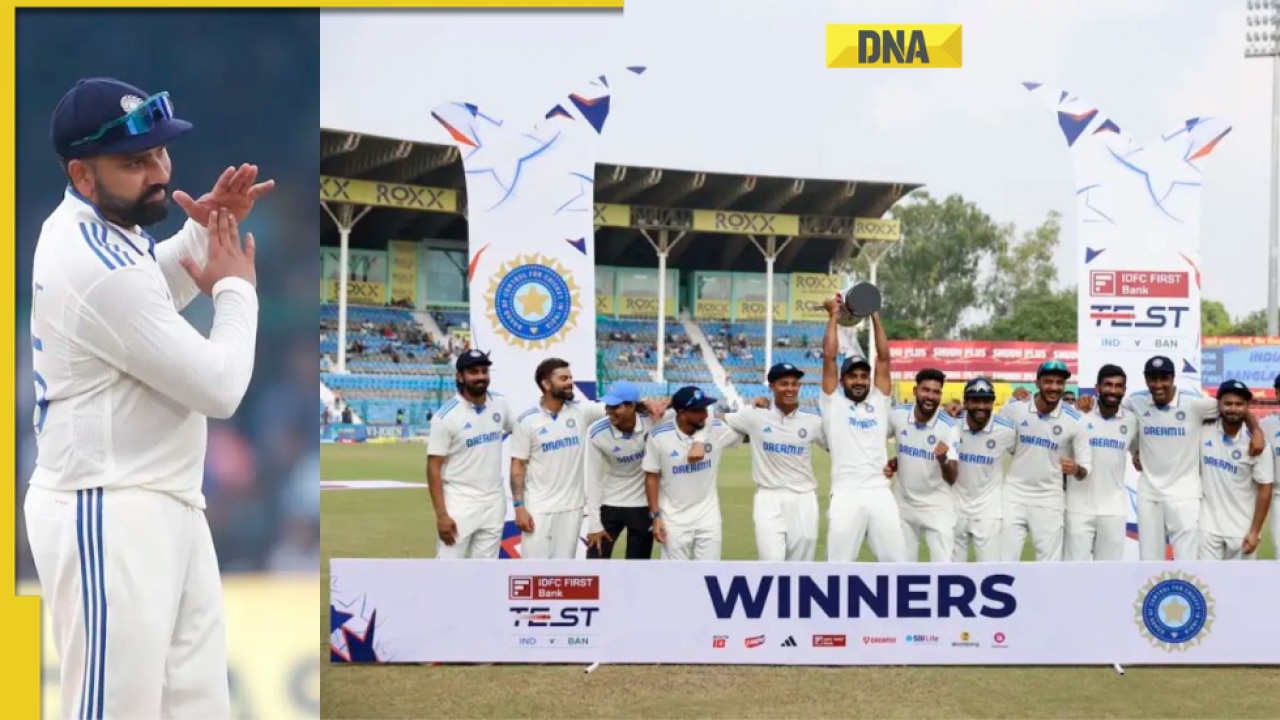

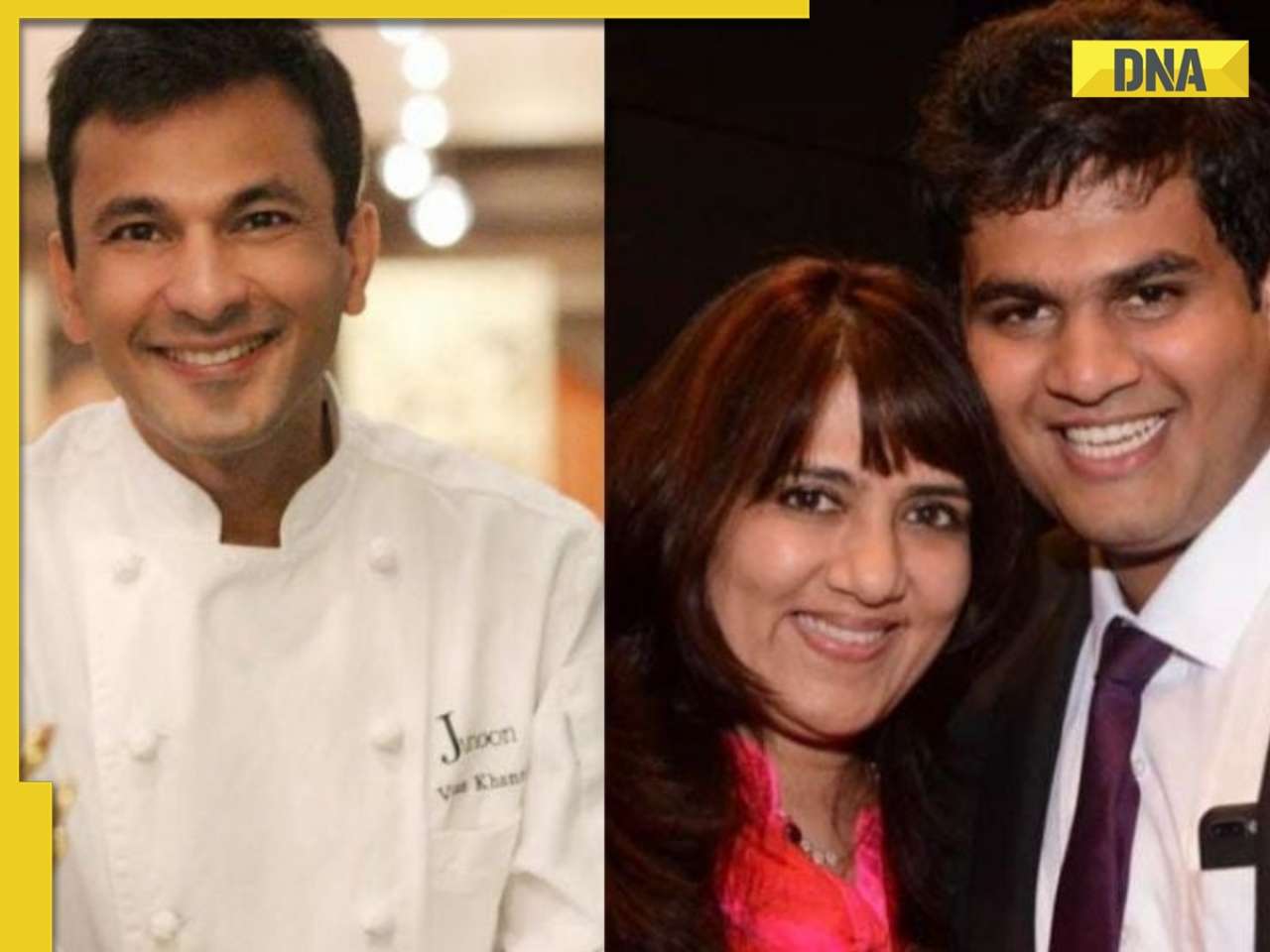

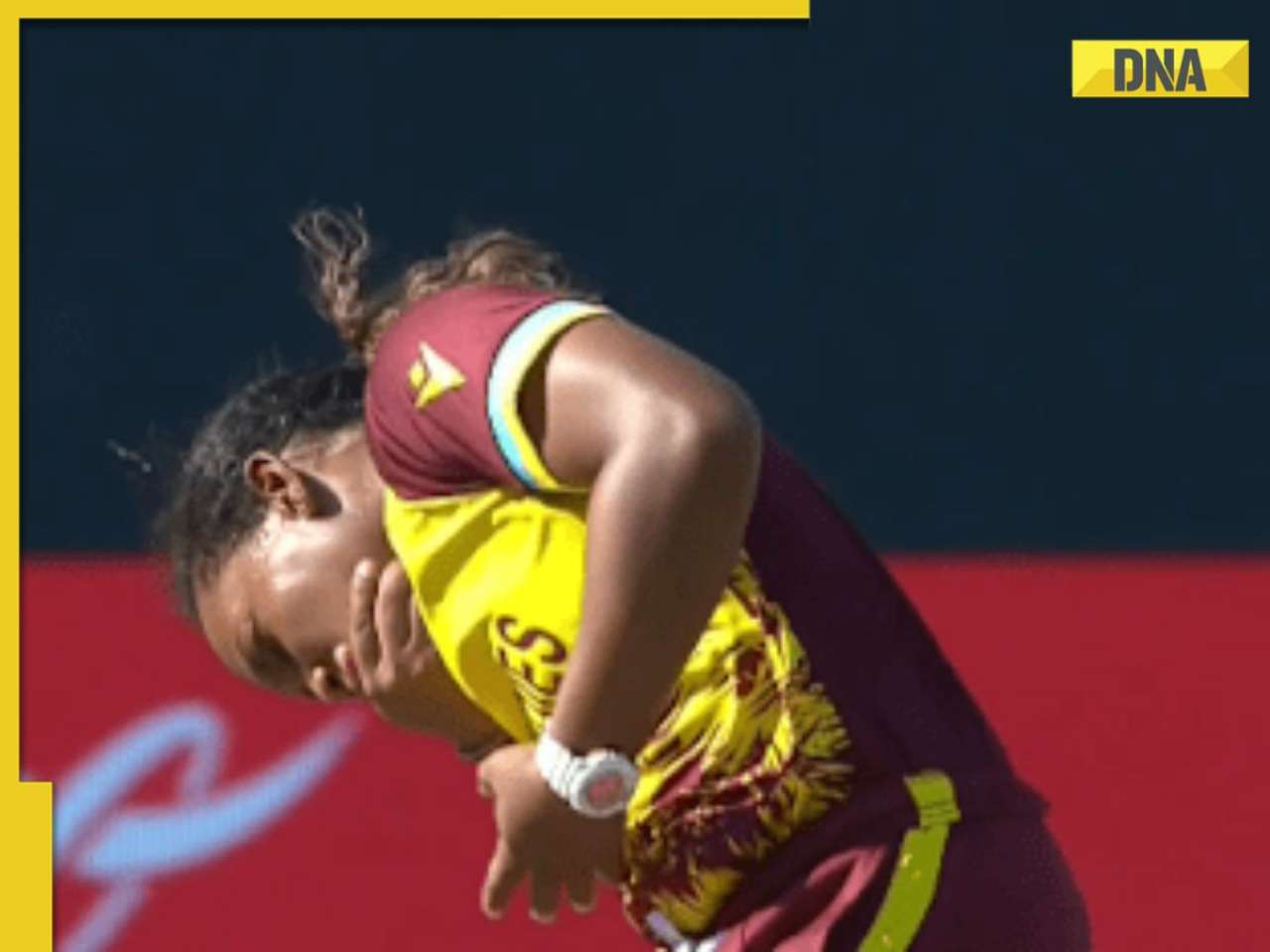
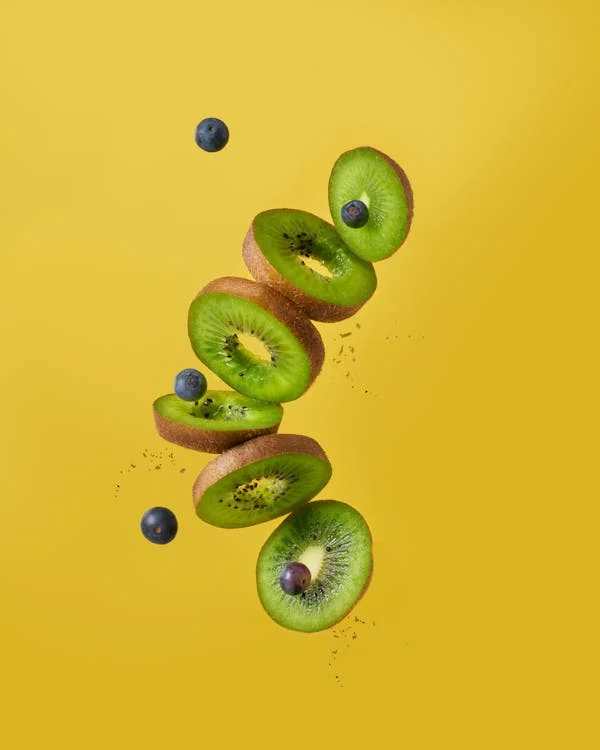









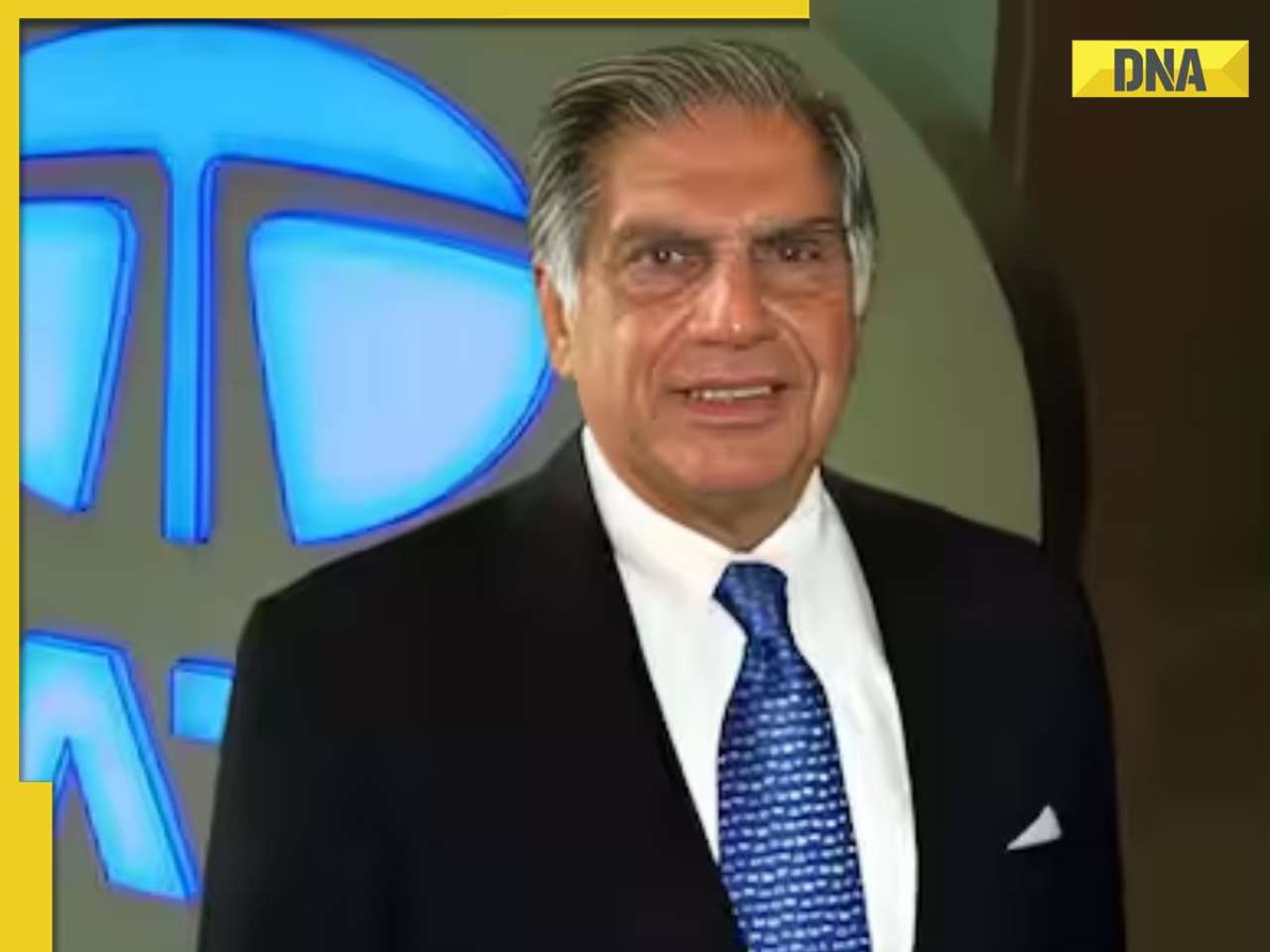




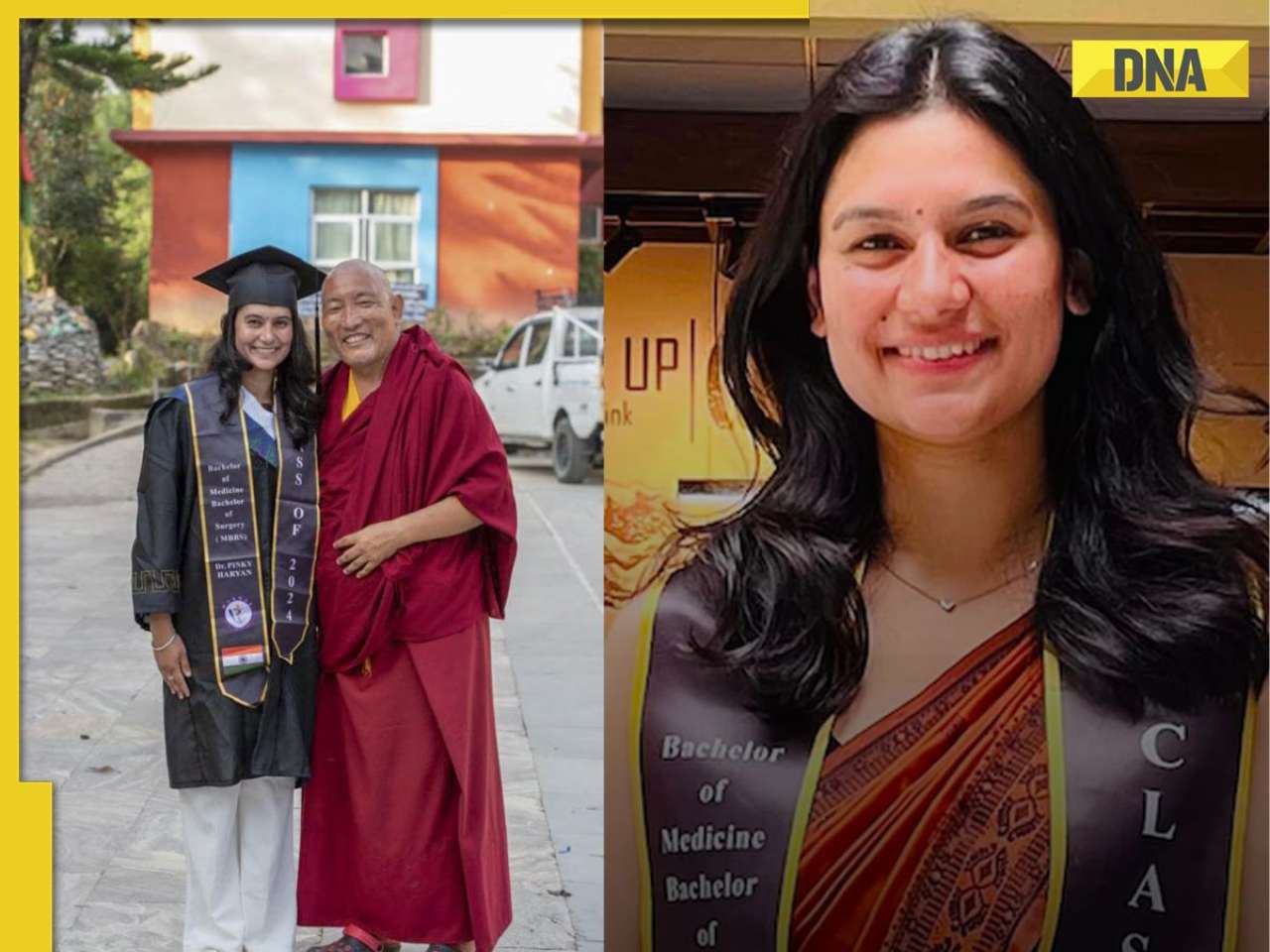
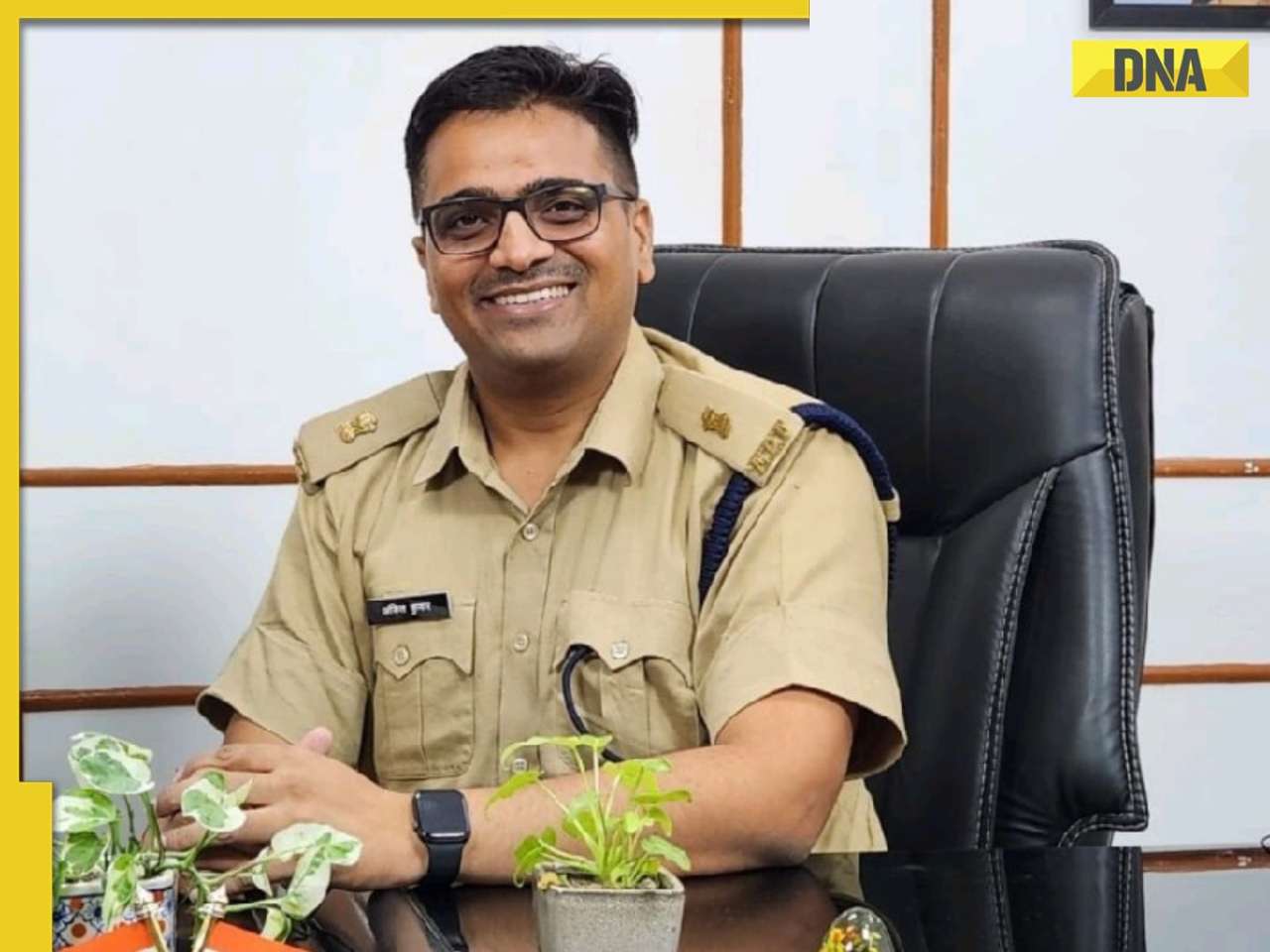
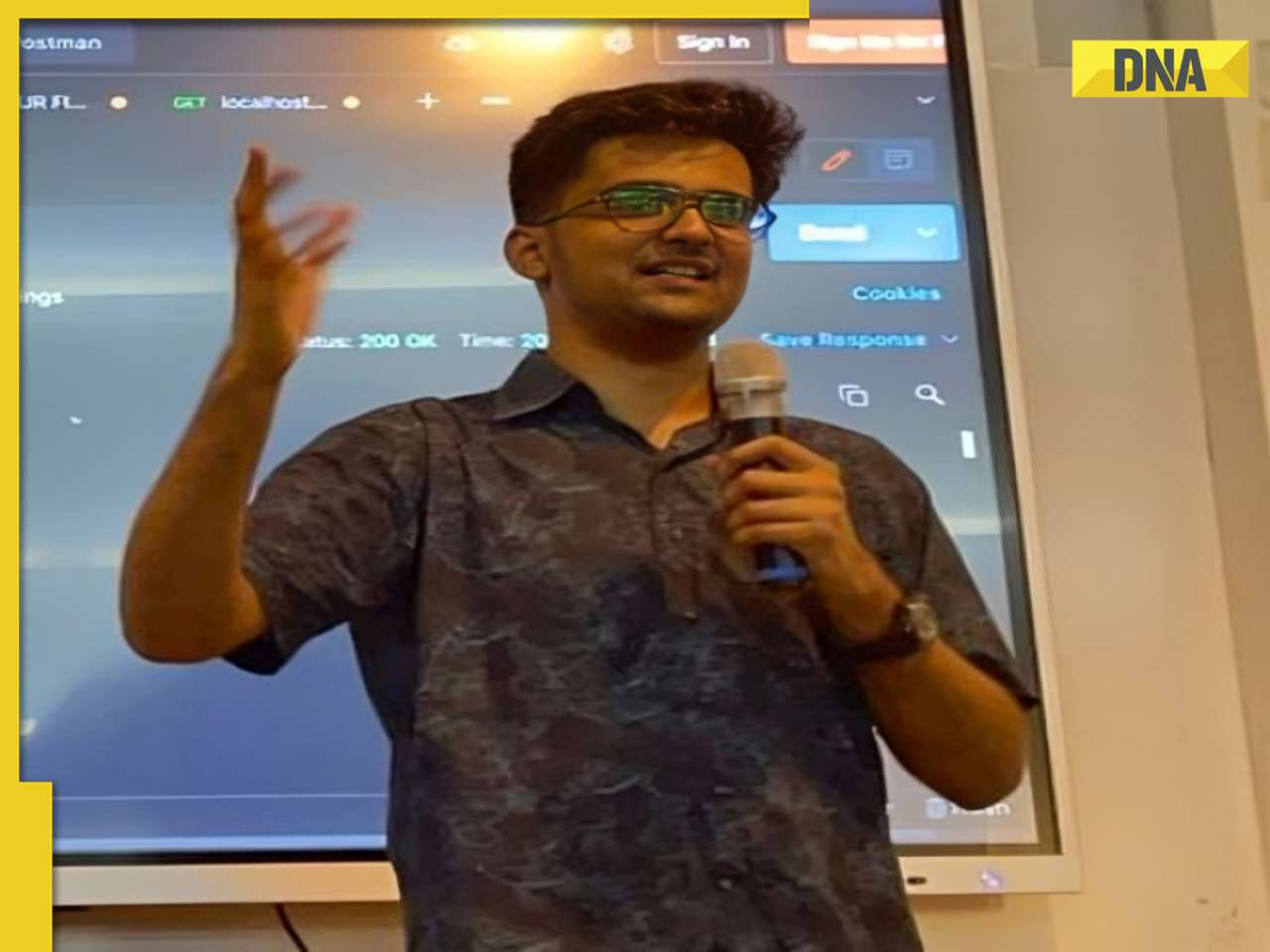

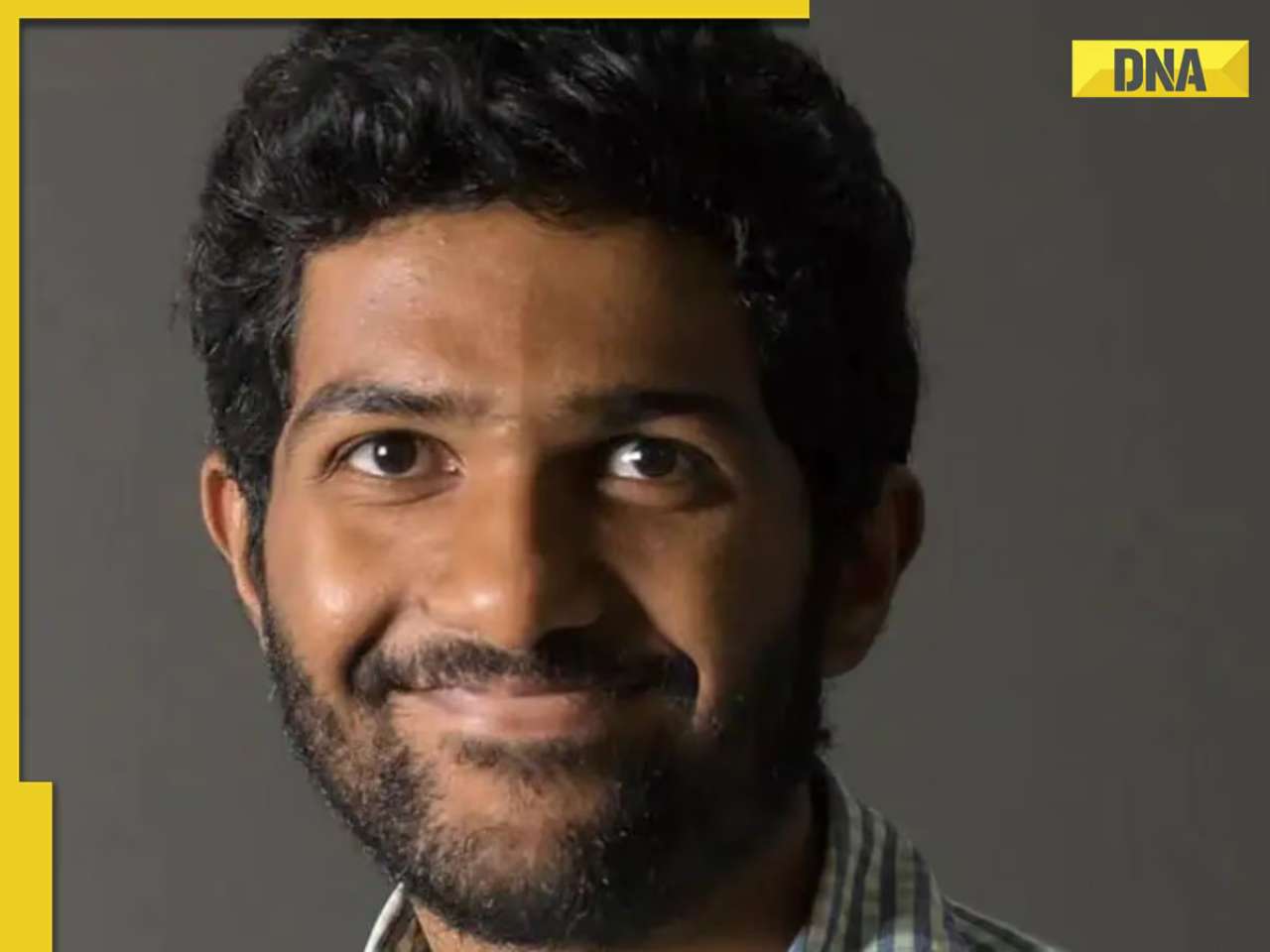


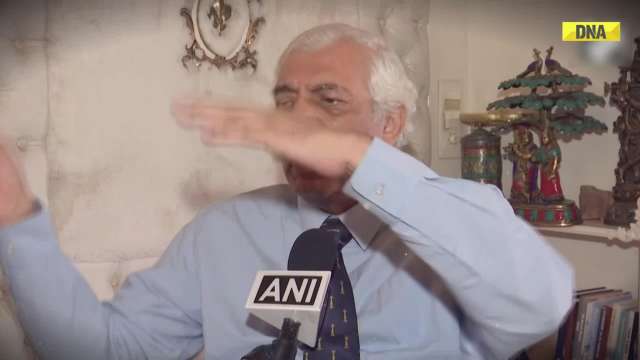

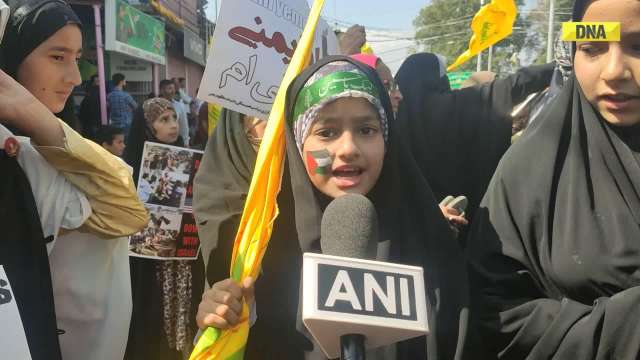
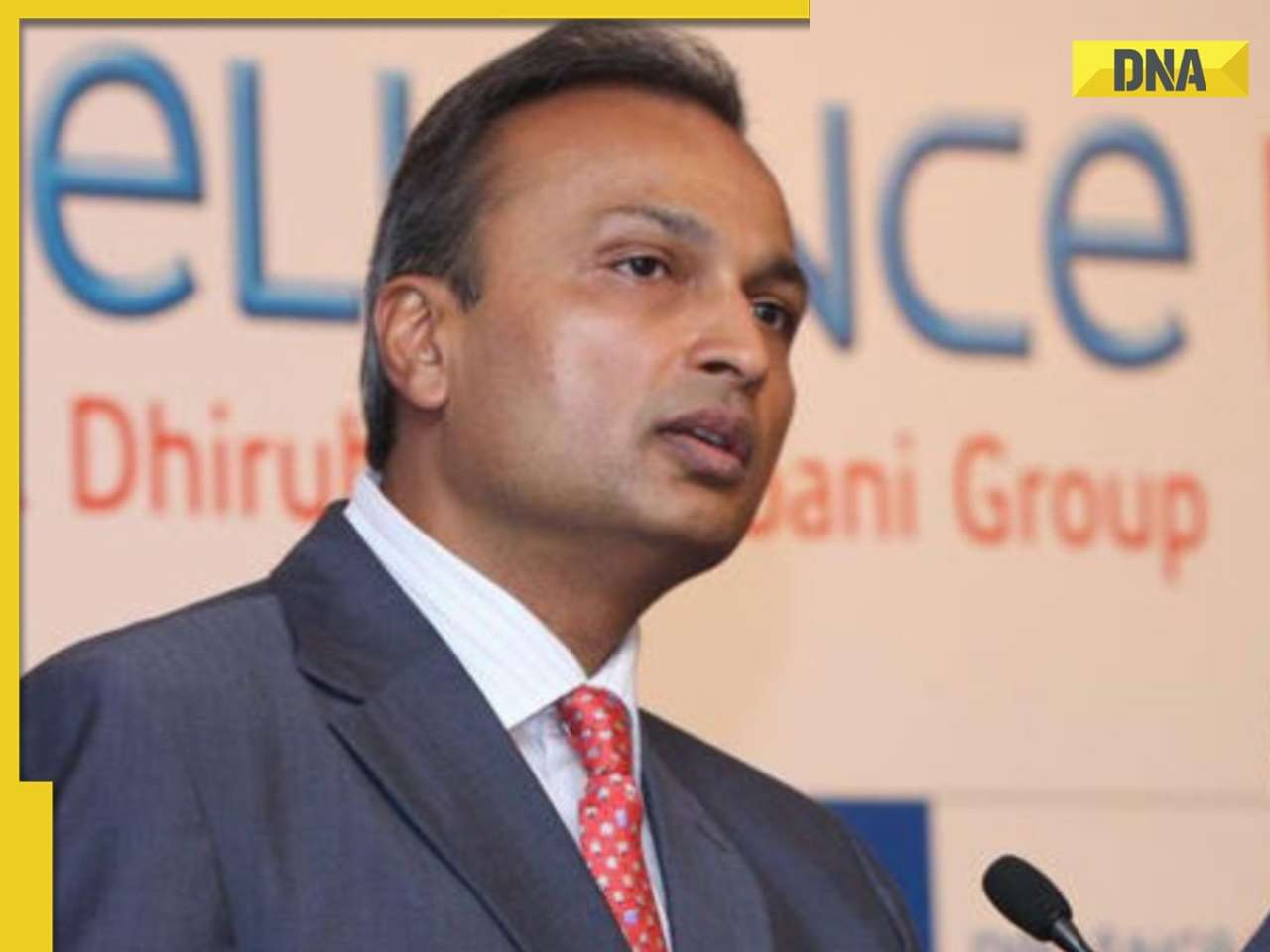
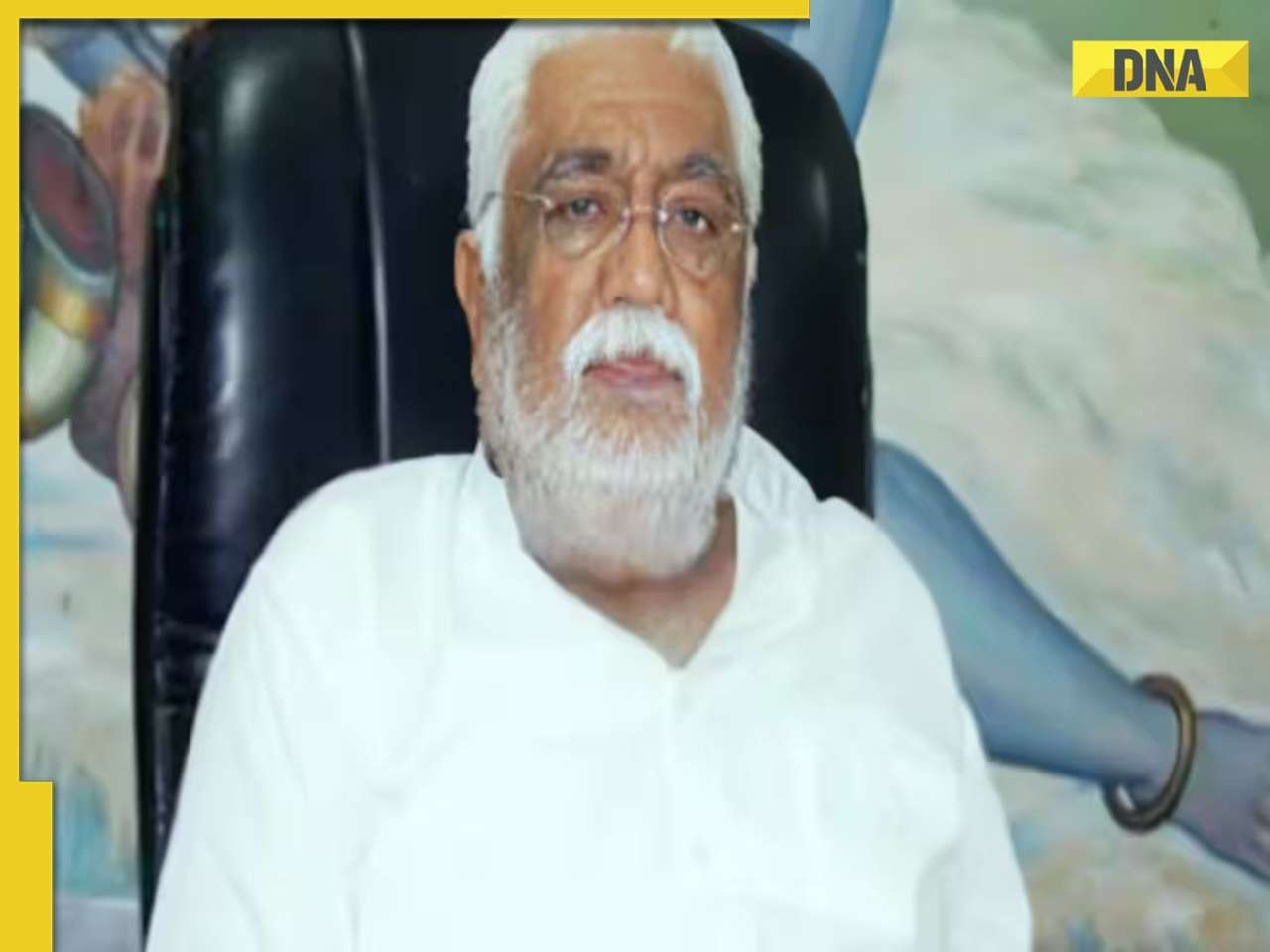

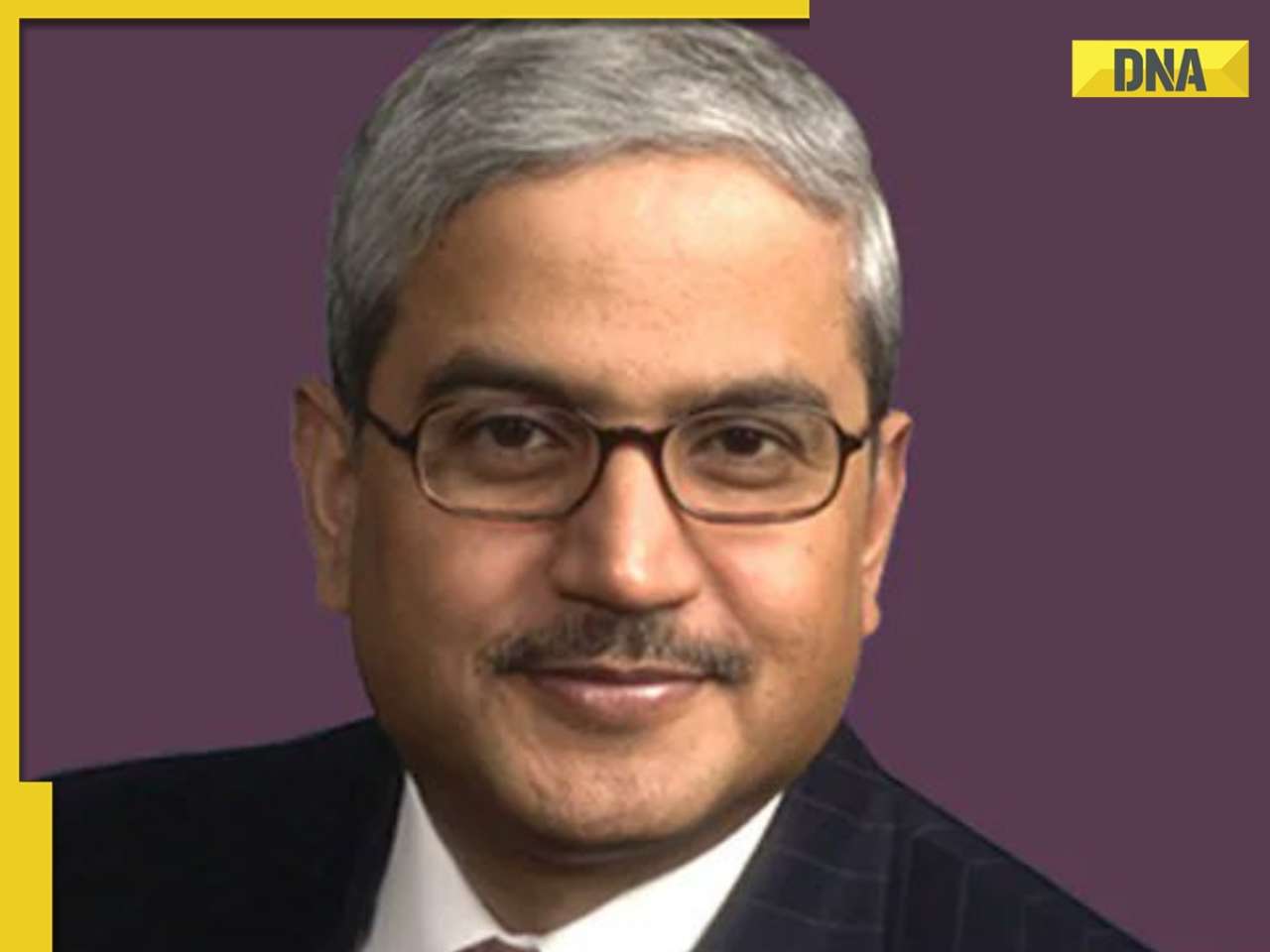
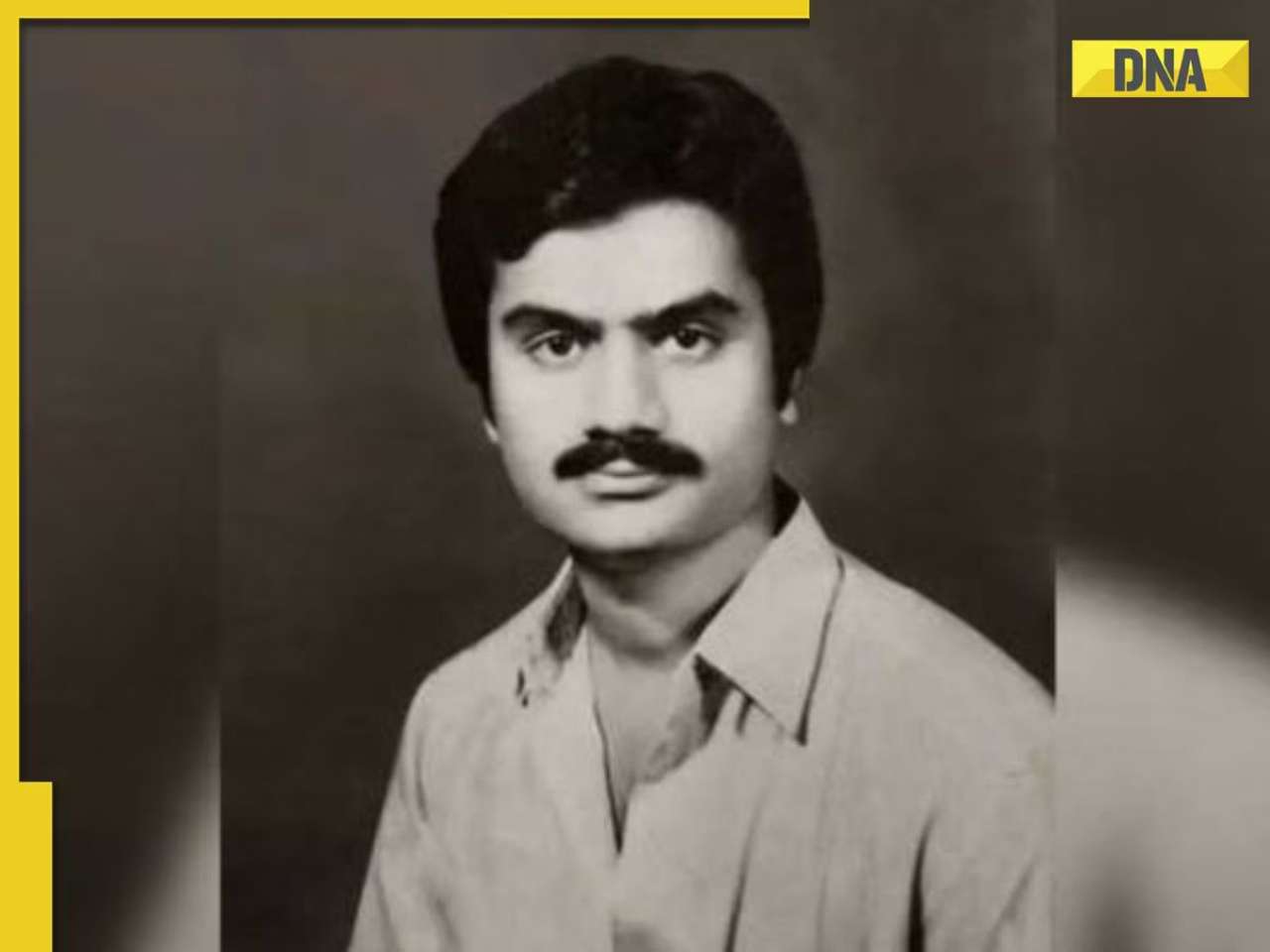
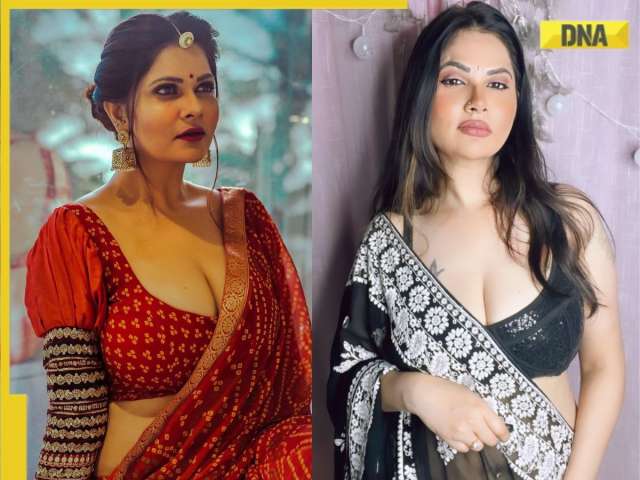
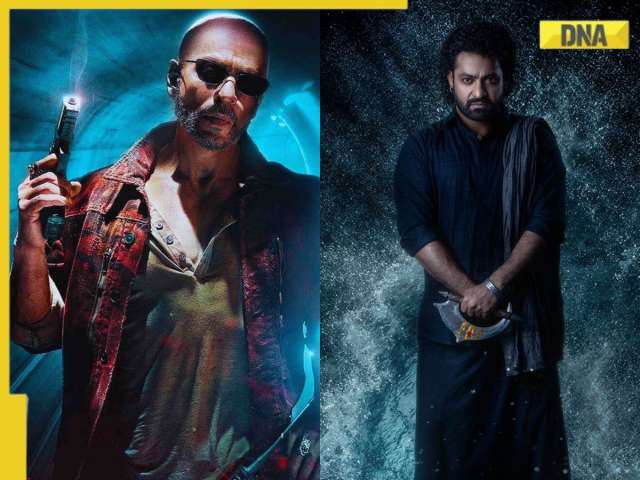



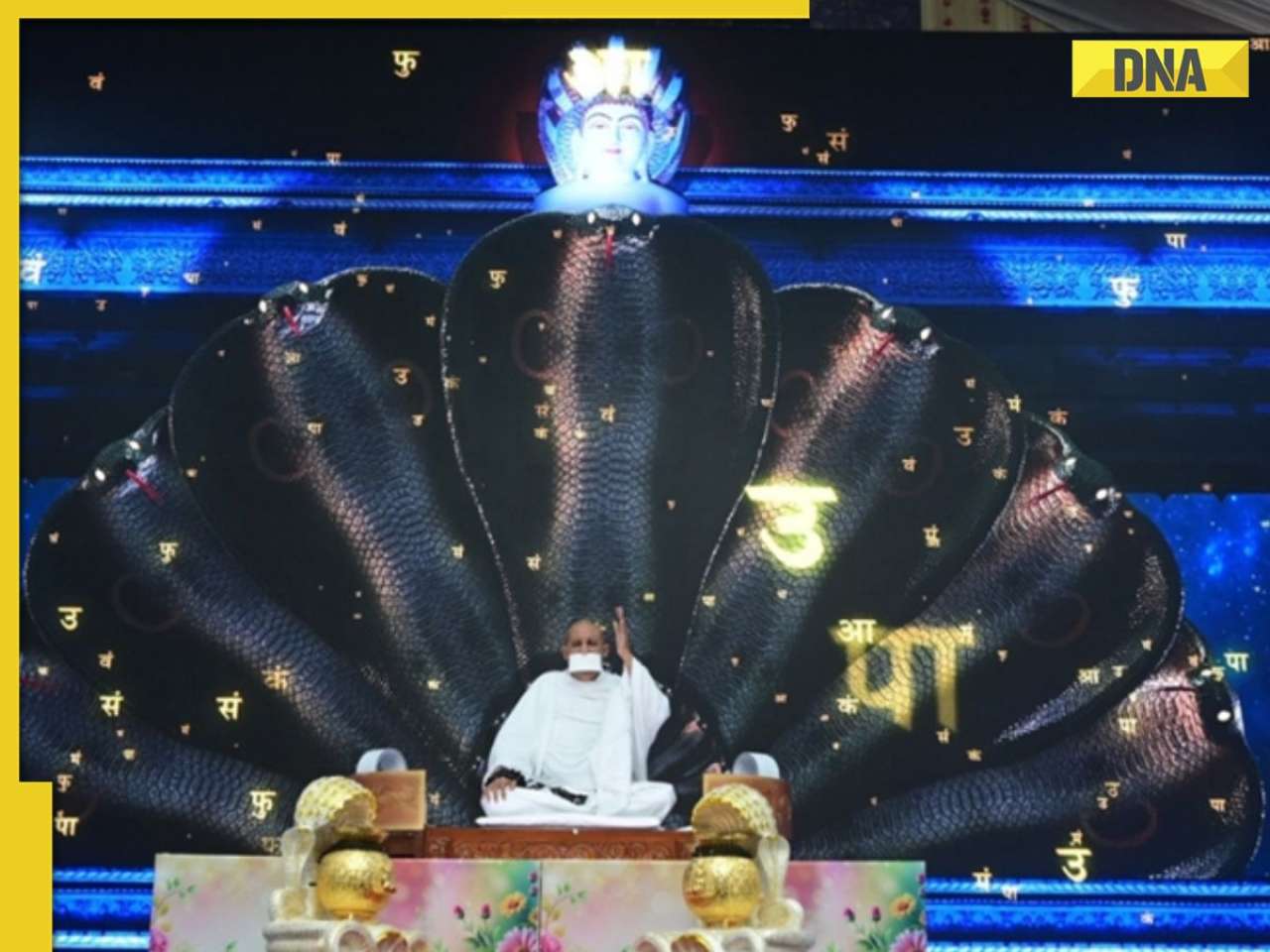
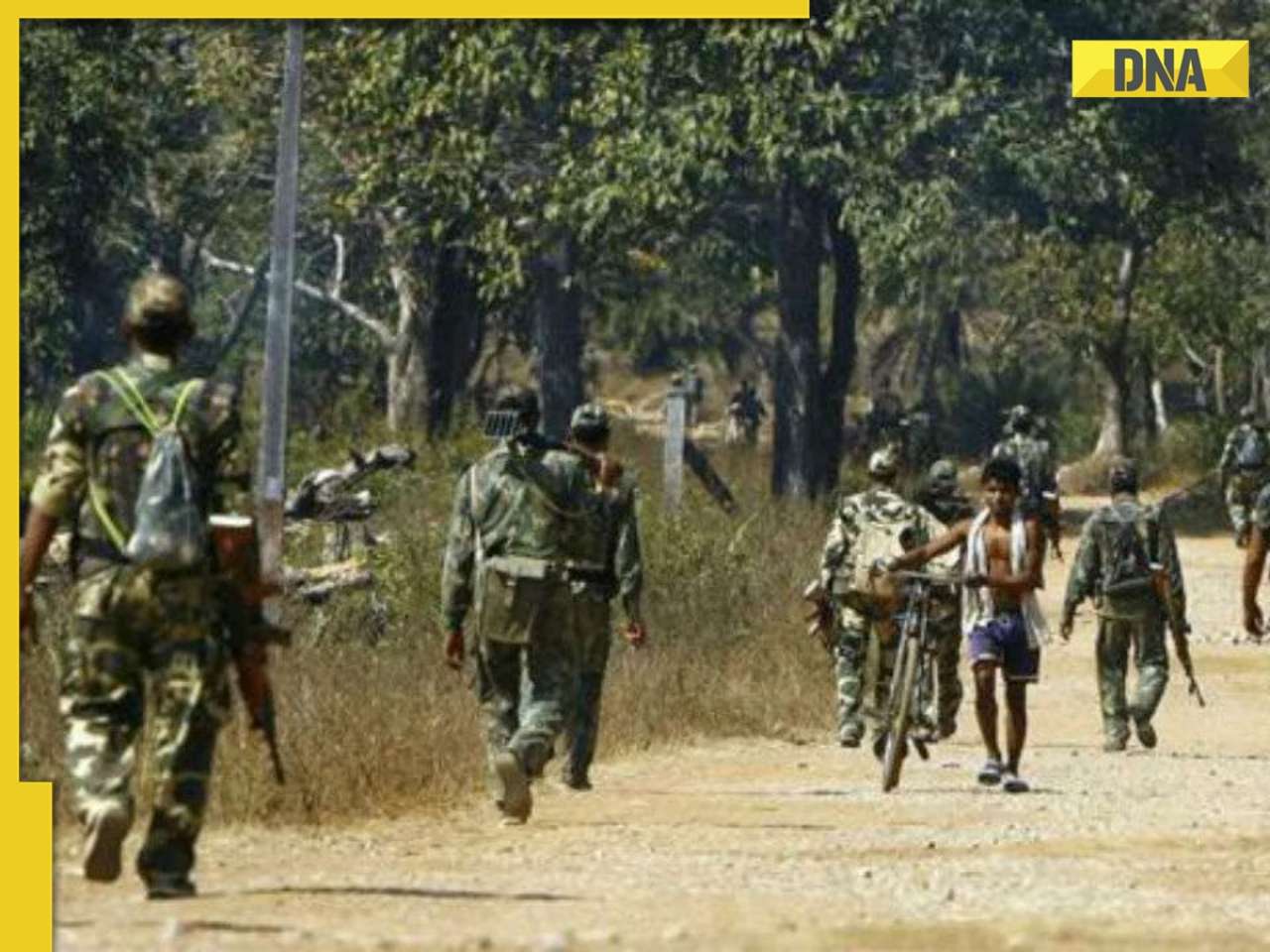
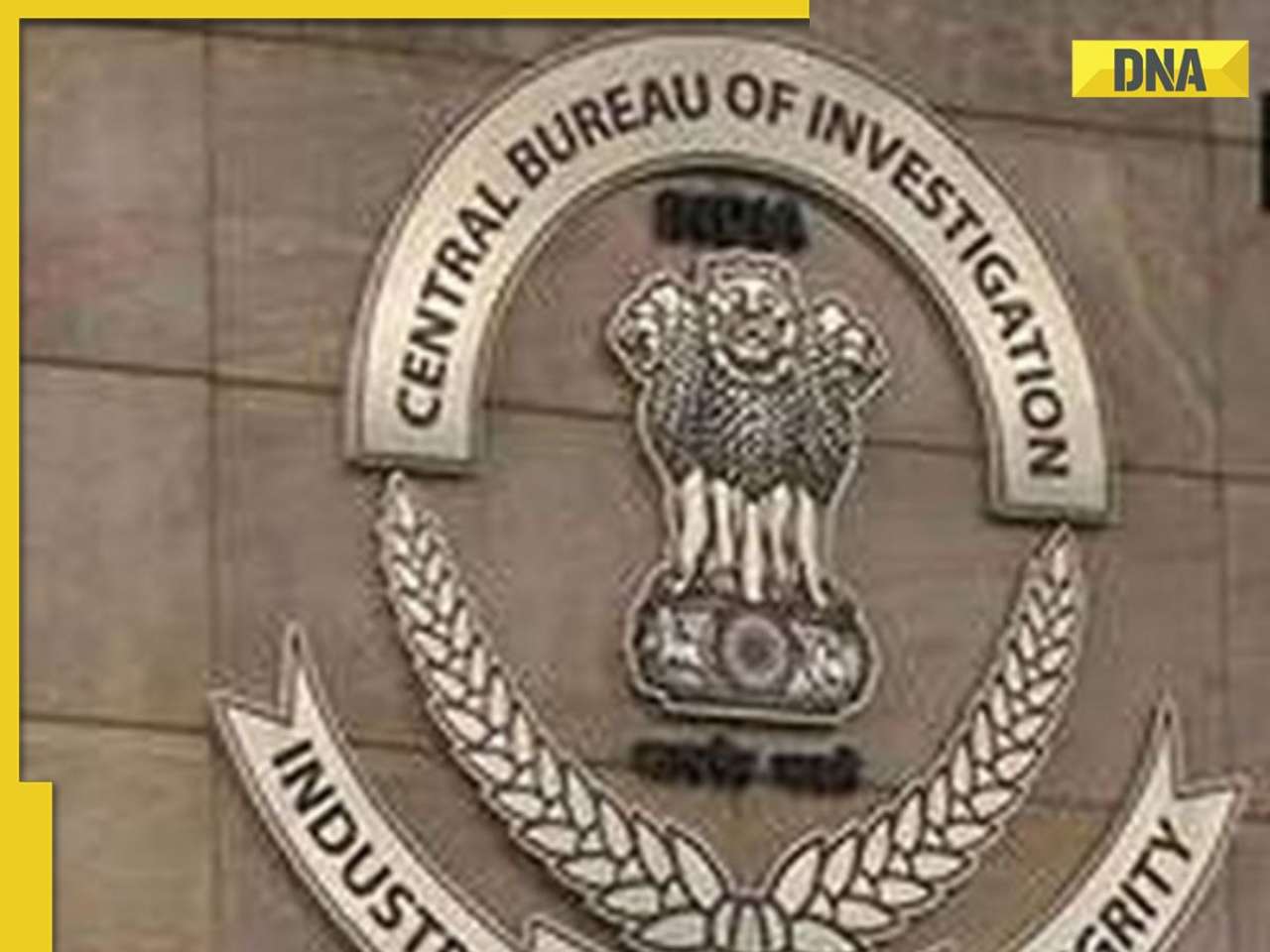
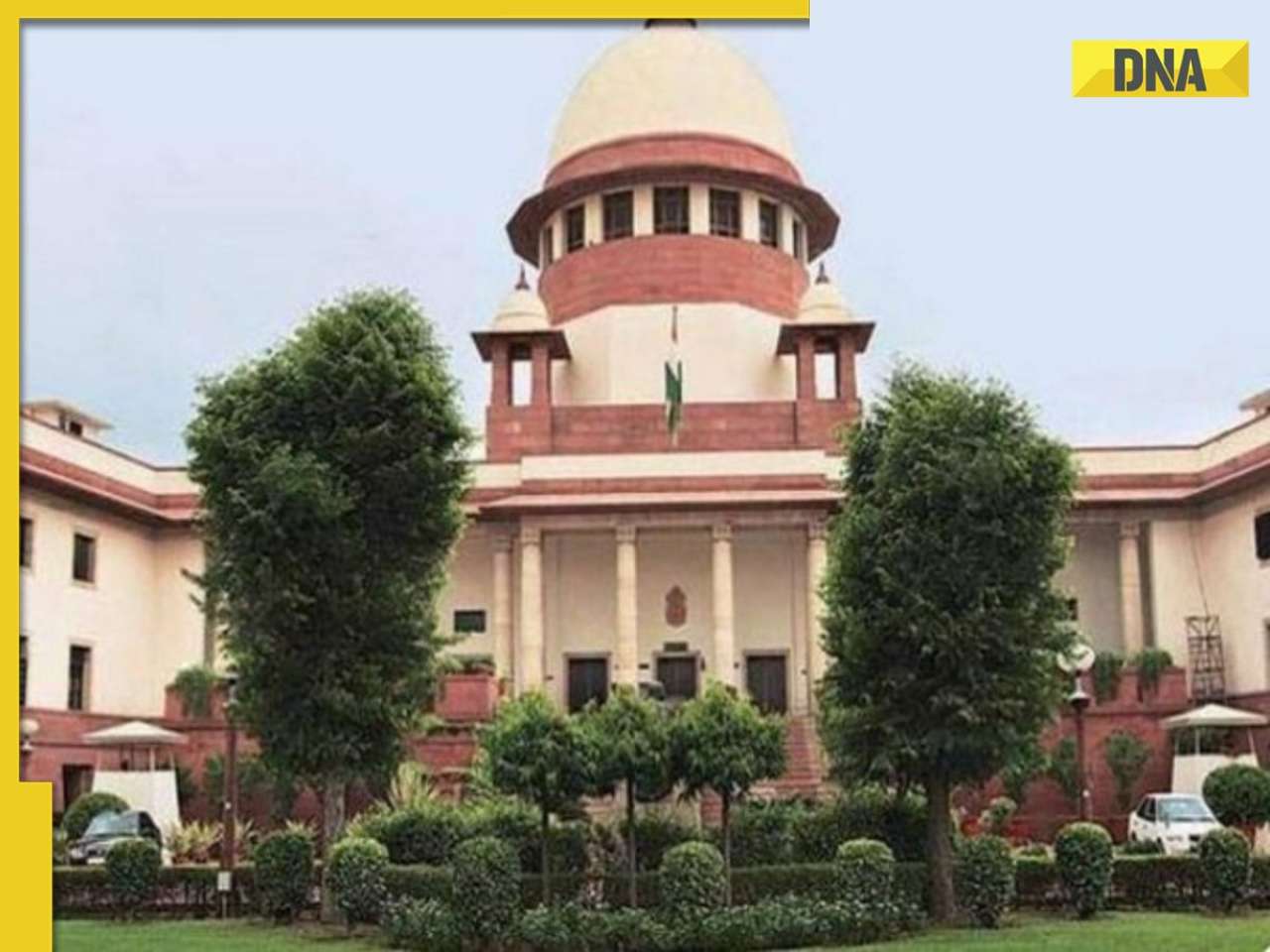
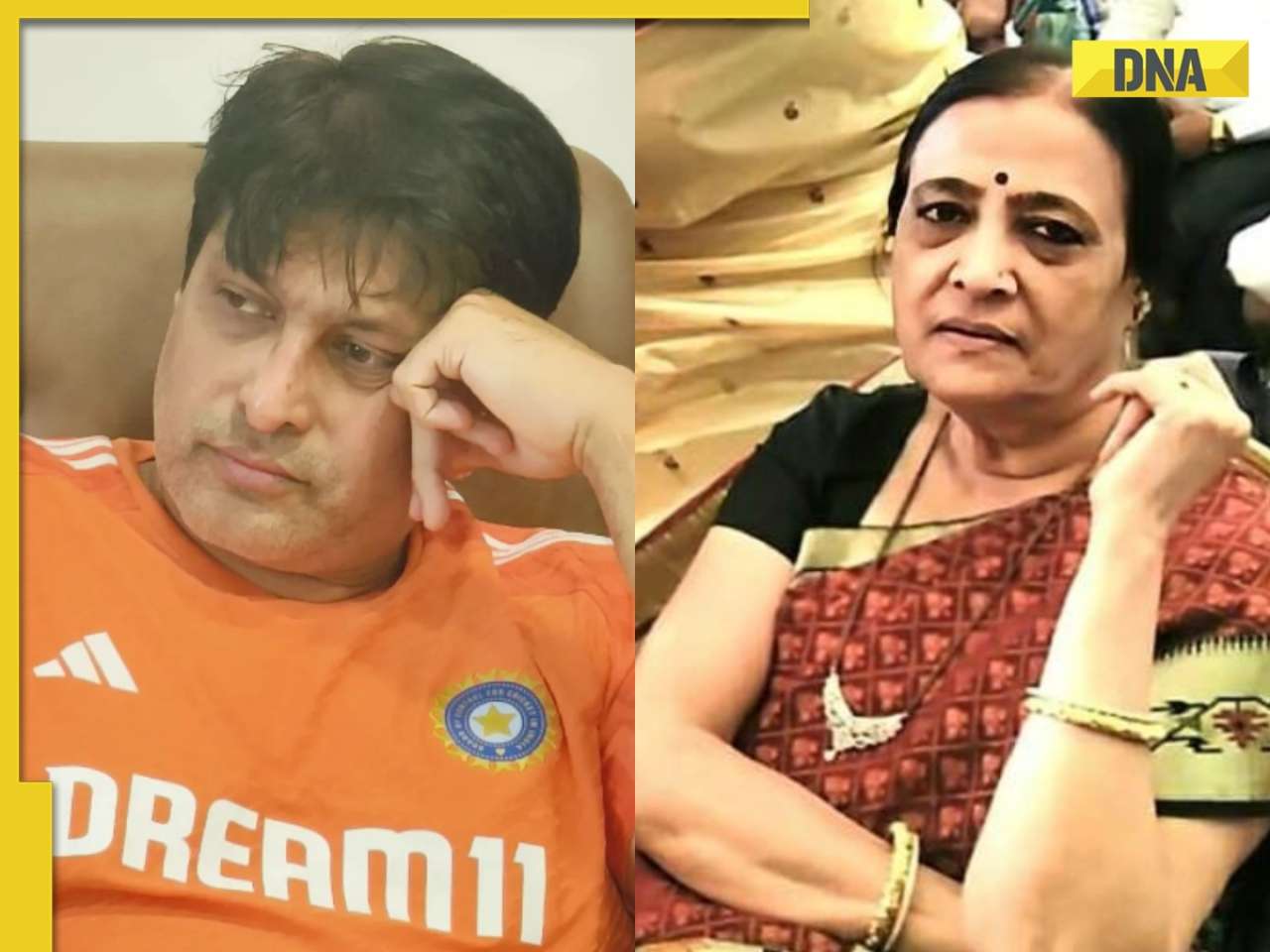


)
)
)
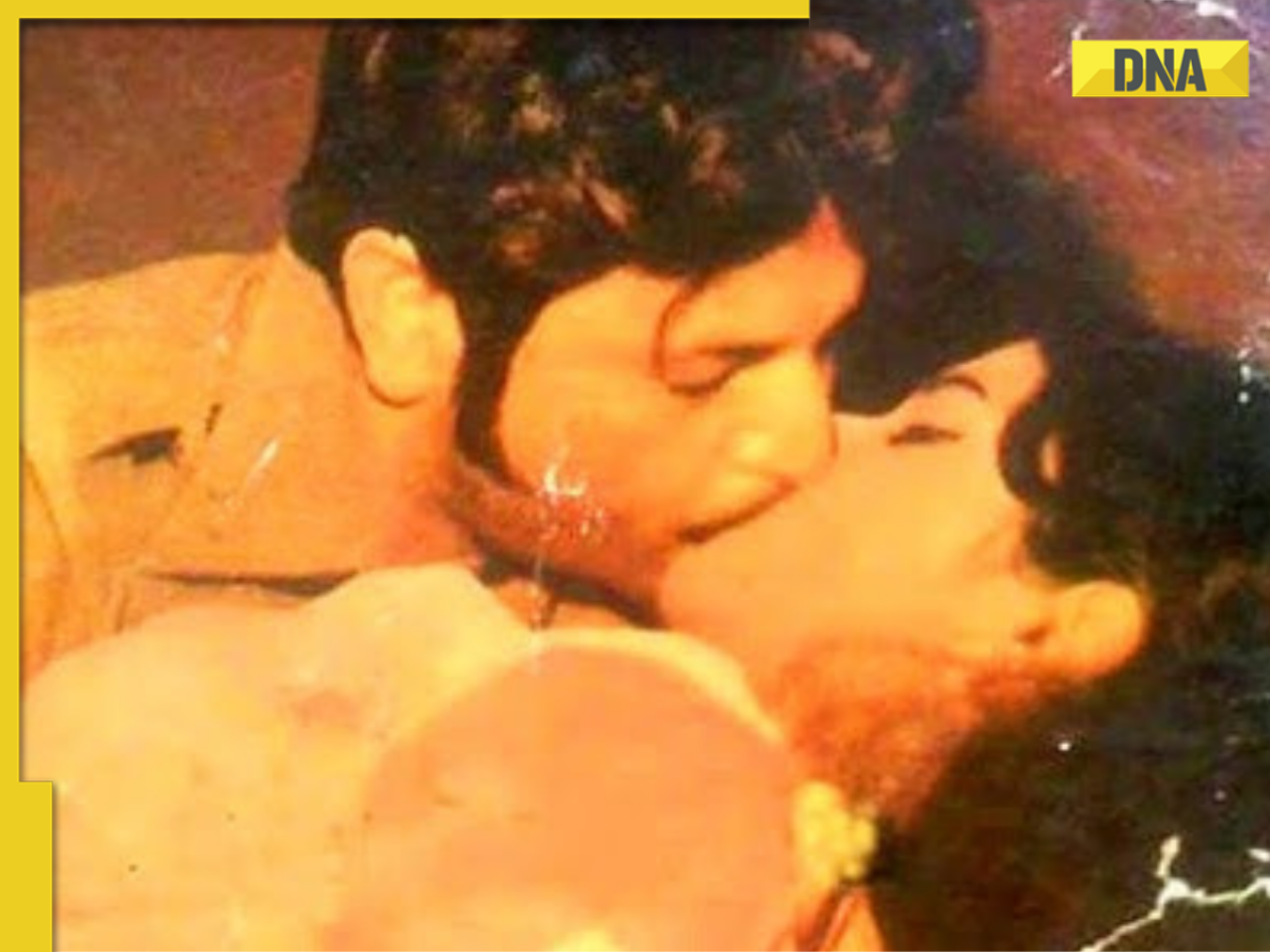)
)
)
)
)
)
)
)
)
)
)





)
)
)
)
)
)